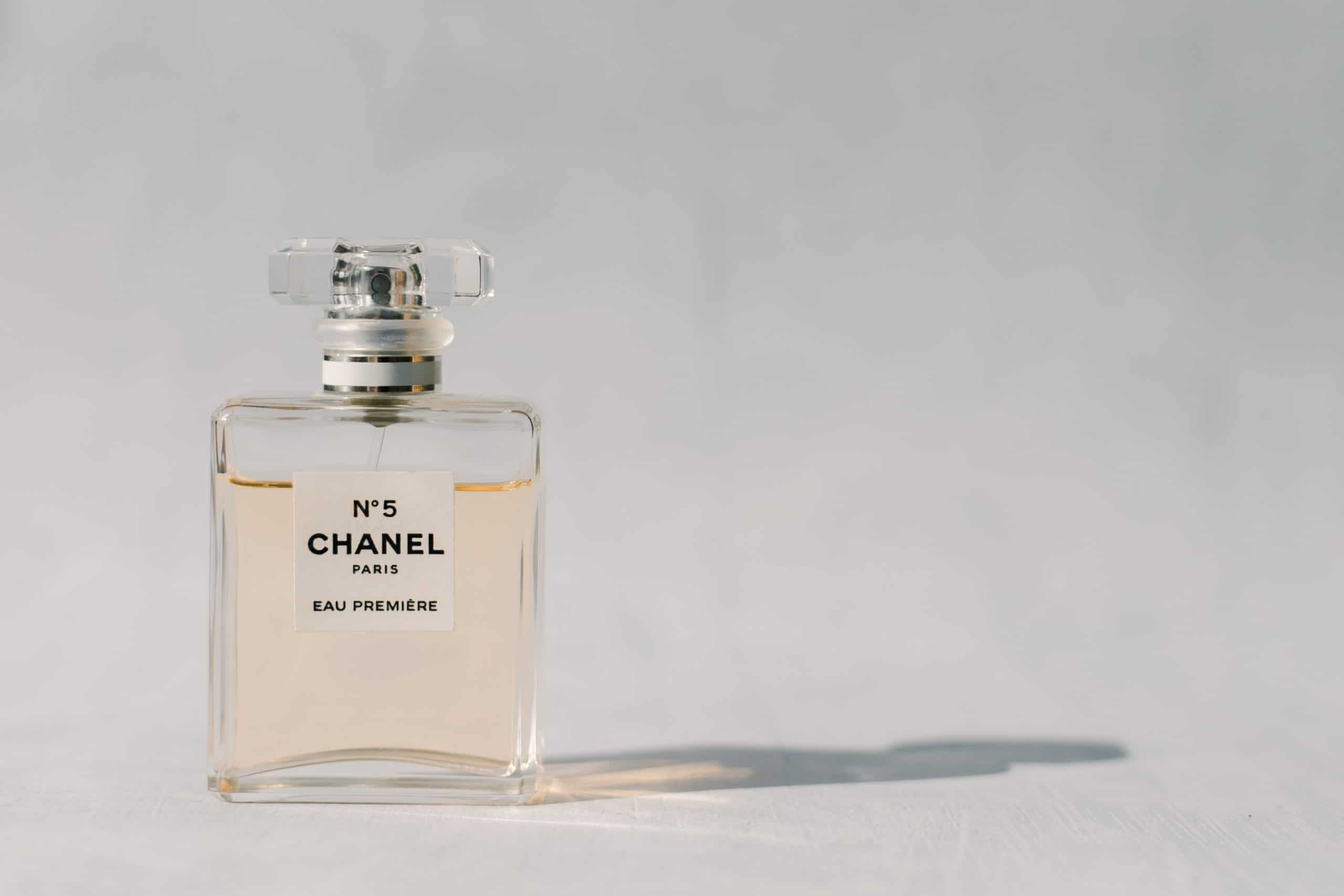If you react strongly to certain perfumes, you’re not alone. Perfumes are, after all, designed to elicit a strong reaction. Ideally, that’s a positive reaction, but some people can’t help but run out of the room gagging when exposed to certain scents.  And while your coworkers might tell you to “just get used to it,” you might not have that option. Researchers have been studying the science behind our reactions to olfactory irritants (offensive odors), and they’ve come to some fairly surprising conclusions.
And while your coworkers might tell you to “just get used to it,” you might not have that option. Researchers have been studying the science behind our reactions to olfactory irritants (offensive odors), and they’ve come to some fairly surprising conclusions.
First things first: Offensive odors don’t affect the same part of your nose as other scents.
In a study first published in the Journal of Neurophysiology, scientists discovered that certain smells activate olfactory cells located toward the front of the nose. These cells are sensitive to specific chemicals (for instance, ammonia) that might be dangerous.  Those cells send an electrical signal to other cells, eventually relaying sensory information to the trigeminal nerve, which controls the gag reflex. The victim—er, the affected person—might also feel burning or itching sensations. Your body typically reserves that reaction for potentially dangerous substances, but some of those substances are present in perfumes. Other fragrances can smell like ammonia, for instance, which might stimulate an adverse reaction. Perfumes and fragrances contain dozens of natural and artificial ingredients, some of which are allergens and irritants, according to the Food and Drug Administration (FDA).
Those cells send an electrical signal to other cells, eventually relaying sensory information to the trigeminal nerve, which controls the gag reflex. The victim—er, the affected person—might also feel burning or itching sensations. Your body typically reserves that reaction for potentially dangerous substances, but some of those substances are present in perfumes. Other fragrances can smell like ammonia, for instance, which might stimulate an adverse reaction. Perfumes and fragrances contain dozens of natural and artificial ingredients, some of which are allergens and irritants, according to the Food and Drug Administration (FDA).
If you hate certain odors, it might be because your brain has trouble processing them.
Psychology researcher Linus Andersson of Umea University performed a study in 2012 to determine why some smells offended certain people more than they bother others. Anderson found that some people are chemically intolerant to certain scents, and that those unfortunate individuals don’t adjust to unpleasant odors over time.  “The hypersensitive individuals felt that the smell was getting stronger even though its concentration had not changed,” Anderson said. “Their brain activity images also differed from those in the [more tolerant] group.” By monitoring his study participants with EEGs and fMRIs, Anderson found differences in how some brains responded to odors. For chemically intolerant people, brain activity didn’t change over time—they simply didn’t adjust.
“The hypersensitive individuals felt that the smell was getting stronger even though its concentration had not changed,” Anderson said. “Their brain activity images also differed from those in the [more tolerant] group.” By monitoring his study participants with EEGs and fMRIs, Anderson found differences in how some brains responded to odors. For chemically intolerant people, brain activity didn’t change over time—they simply didn’t adjust.  “These individuals also have a different pattern in the blood flow in their brains, compared with those who perceive that a smell diminishes,” Anderson said. “A similar change can be found in patients with pain disorders, for example.”
“These individuals also have a different pattern in the blood flow in their brains, compared with those who perceive that a smell diminishes,” Anderson said. “A similar change can be found in patients with pain disorders, for example.”
In other words, if you simply can’t stand certain smells, your physical makeup may prevent you from getting used to them.
Anderson also found that people are more likely to have smell intolerances if they react strongly to other irritants, for instance capsaicin, the active component of chili peppers. Both the capsaicin and offensive odors trigger a physical reaction in sensitive individuals that doesn’t subside until the irritant is gone.  Unfortunately, that might mean that when your co-worker comes into the office doused in Dior, you’ll find yourself gagging throughout the day. All you can do is try to avoid the odor, breathe through your mouth, and take an antihistamine if you experience itching or burning sensations. Oh, and maybe hold a scarf over your face until your coworker gets the picture.
Unfortunately, that might mean that when your co-worker comes into the office doused in Dior, you’ll find yourself gagging throughout the day. All you can do is try to avoid the odor, breathe through your mouth, and take an antihistamine if you experience itching or burning sensations. Oh, and maybe hold a scarf over your face until your coworker gets the picture.



